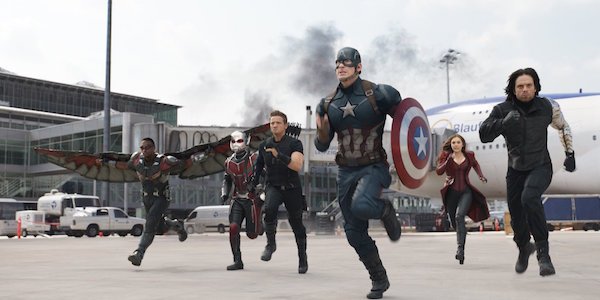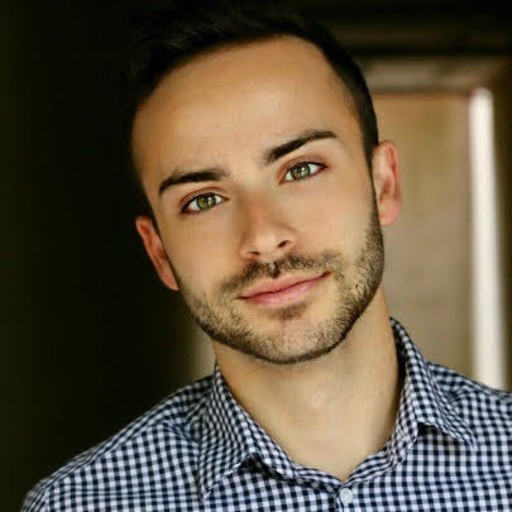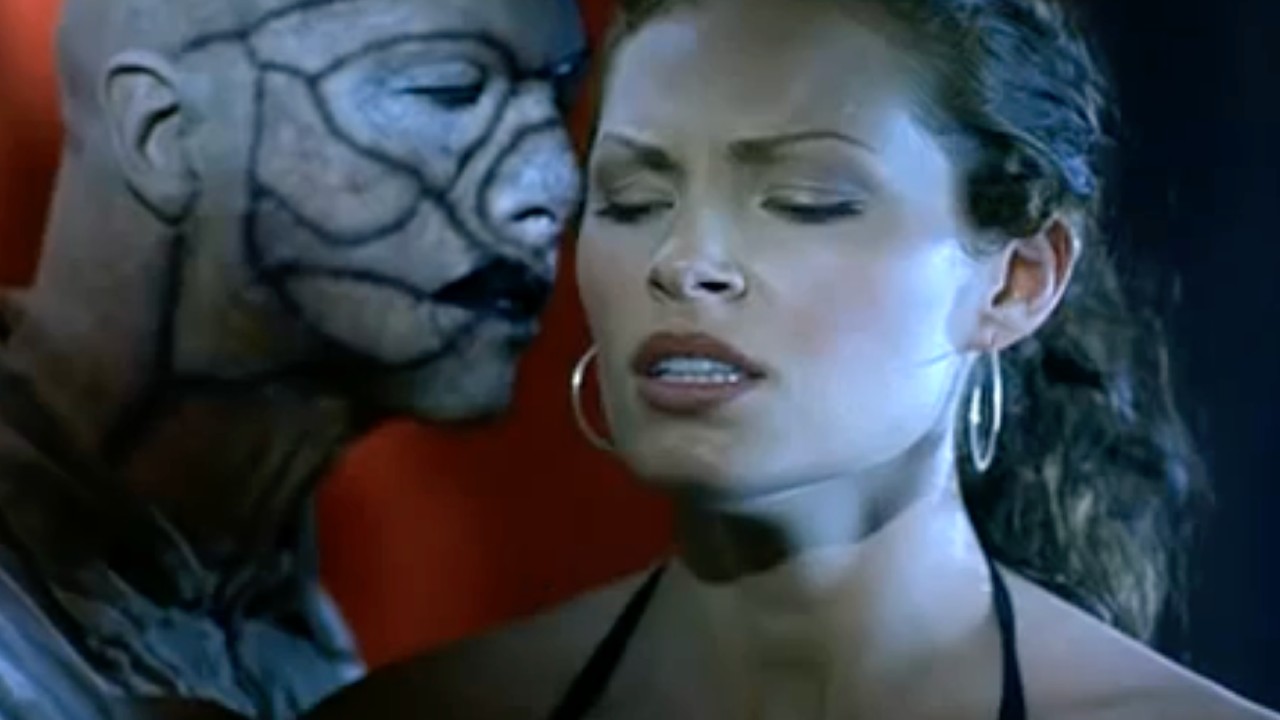Why Marvel Hasn't Given More Diverse Characters Movies Yet

Your Daily Blend of Entertainment News
You are now subscribed
Your newsletter sign-up was successful
The Marvel Cinematic Universe has essentially changed the landscape of movie production. Introducing the concept of shared universes and serialized storytelling, the MCU has helped to shape how blockbusters are developed. But there is one aspect of the shared universe that has garnered negative criticism: the lack of diversity. The first two phases of the MCU focused almost entirely on caucasian characters, with many audiences calling for more inclusive casts. Phase Three will likely aid to change this with movies like Spider-Man: Homecoming and Black Panther, and now one Marvel exec has revealed why the MCU hasn't been so diverse in the past.
Nate Moore started as a Marvel writer, and has since gone on to executive produce both Captain America: Civil War and Black Panther. Regarding the original lack of diversity int he MCU, Moore revealed that proper storytelling was a bigger priority than purposeful inclusivity, saying:
We want to tell the best stories with the strongest developed characters and scripts that we can. Our biggest concern is that, in trying to get more characters out there, we rush something that's not ready and we deliver something that's not up to our standards. So it's less about us rushing a character that's diverse to get it out quickly and more about figuring out how to do it right.
This actually helps to contextualize the choices made by Marvel studios. Rather than introducing characters merely because they'd make the MCU more diverse, the higher ups decided to organically include these figures when the stories called for it.
And while this response might elicit groans from the MCU's critics, there have been prominent characters of color represented in the universe since the very first movie. Iron Man introduced Tony's best friend and future War Machine James Rhodes, and both Thor and Captain America have included POCs in important roles. Obviously Black Panther will be a game changer, as black artists will be heading the film both behind and in front of the camera.
In the same interview with Complex, Nate Moore also addressed how Marvel studios can sometimes have their hands tied in regards to color blind casting. The hardcore comic fandom (as well as the Marvel comics execs) often provide pushback when characters' races are changed, citing a lack of loyalty to the source material. Moore revealed how Idris Elba's role in the Thor franchise was originally a difficult concept to pitch, although it didn't ultimately stop them from casting the A-lister.
There's sometimes backlash when you cast against type. We've faced it a bit with the character of Heimdall, for instance, played by Idris Elba who was not reflective visually of what we're more used to the character looking like in the comics. It's something that we're aware of and talk about at Marvel when we consider characters.
Overall, these conversations are constructive and important ones to have regarding media representation. And Phase Three of the MCU will be the most diverse yet, with Spider-Man: Homecoming featuring a diverse cast that will be making up Peter Parker's world, as well as the highly anticipated Black Panther movie.
Your Daily Blend of Entertainment News

Corey was born and raised in New Jersey. Graduated with degrees theater and literature from Ramapo College of New Jersey. After working in administrative theater for a year in New York, he started as the Weekend Editor at CinemaBlend. He's since been able to work himself up to reviews, phoners, and press junkets-- and is now able to appear on camera with some of his favorite actors... just not as he would have predicted as a kid. He's particularly proud of covering horror franchises like Scream and Halloween, as well as movie musicals like West Side Story. Favorite interviews include Steven Spielberg, Spike Lee, Jamie Lee Curtis, and more.
